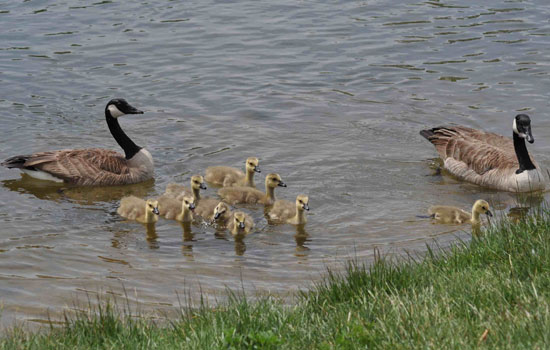Instincts drive innate behaviors and actions among humans and animals. They govern reactions enriching survival odds including fight-or-flight triggers along with patterns encouraging reproduction and caretaking of young. Instinctual behaviors arise spontaneously in response to key stimuli, unfolding swiftly without conscious intent, foresight or consideration of long-term consequences. examining core attributes of instincts and comparing various categorizations of them provides nuanced perspective on these hardwired human traits. Understanding key instincts also yields insight on the evolutionary origins of aspects of human nature.
Fundamental Characteristics of Instincts
Instincts demonstrate a range of definitive features distinguishing them from other human behaviors. First, instinctive conducts manifest automatically in reaction to specific triggers independent of deliberation or choice. For example, quickly withdrawing a hand after touching something dangerously hot occurs involuntarily. The immediacy and automaticity of that response contrasts with thoughtful behaviors like carefully grasping an unfamiliar, delicate object.
Relatedly, instincts bypass emotional filters or risk considerations that color decision processes. A startle response rapidly kicking in when encountering sudden loud noise or fast approaching object sidesteps evaluative cognition about possible harms of lurching backwards or jumping away instinctively. Instead, lightning-quick neurological reactions control involuntary physical responses to unexpected stimuli interpreted as threats.
Additionally, innate instinctive behaviors reliably unfold in stereotyped patterns thanks to evolutionary encoding. Neurological blueprints honed over generations through natural selection predetermine behavioral sequences. When distressed offspring begin loudly crying, parental soothing behaviors instinctively activate in established comforting patterns regardless of the individual parent’s child-rearing experience. This consistency across members of a species signals the shared evolutionary roots and adaptive benefits of particular instincts.
Primary Human Instinct Categories
Humans exhibit a range of instincts across categories including avoidance, reproductive and social instincts. These major groupings encompass numerous specific instinctive behaviors connected by shared motivations and adaptive purposes.
Avoidance instincts function to protect wellbeing by compelling immediate defensive actions against perceived threats from environmental conditions, predators and aggression. Flinching away, gagging on poisons, panicking when trapped, getting chills when hearing nails scraping chalkboards and other hardwired reflexes fall under this category oriented around survival and security.
Reproductive instincts encode behaviors propagating genetic lineages. Sexual desire, copulation patterns and biological changes associated with puberty exemplify this cluster of instincts perpetuating reproduction. In child rearing realms, emotional attachments, nurturing and protective impulses regarding infants and children also reflect reproductive investment instincts.
Social interaction instincts facilitate group cohesion, navigation of dynamics and cooperation promoting collective wellbeing. Behaviors like smiling, crying, laughter, yawning and linguistic communication patterns carry instinctual elements making them nearly universal across cultures. Such ingrained social instincts enable shared life in communities essential for human thriving and progress.
Origins in Human Nature
Instincts offer windows into evolutionary roots aspects of human nature by revealing ingredients for ancestral survival and expansion. Their patterns expose what behaviors and traits conferred fitness advantages raising propagation odds for genetic lines leading to modern humanity.
For example, acute threat response instincts clearly improved likelihood of surviving long enough for reproduction in precarious eras. Favoring kin for cooperation and resource sharing also likely proved adaptive to pass on genes given shared DNA with relatives. Overall, instinct study clarifies evolutionary selection pressures and advantages undergirding modern human existence.
Moral Acts
However innate their origin, instincts intertwine with reasoning and environments to shape actions. Biology alone cannot justify unethical conduct. But increased understanding of instincts’ evolutionary functions and neuroscience illuminates aspects of human nature for better contextualizing moral acts.
Ultimately, refined instinct perspective demonstrates the deeply social, emotional and reactive facets integral to humanity alongside rationality. Integrating fact-based instinctual insights with modern ethics enriches evaluations of human behavior and nature. Examining these innate drivers in balance with conditioning and choice allows for fuller understanding of the multifaceted wellspring of human actions and aspirations.
